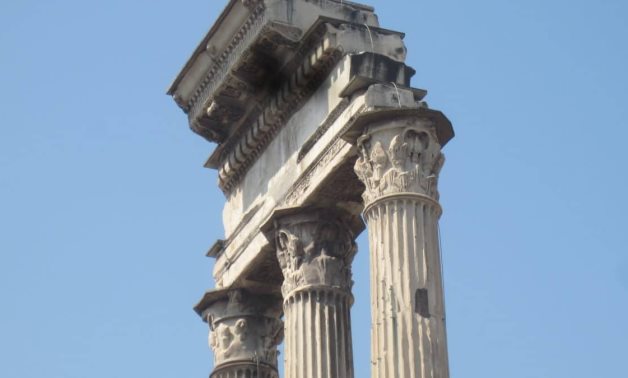
It seems that even the ancients suffered from depression - Credit: GreenDragonflyLegs/Wikimedia commons/ CC BY-SA 4.0
CAIRO – 4 August 2022: It seems that even in ancient times people were prone to depression, as an archaeological discovery has highlighted the presence of antidepressant remains in the ancient Greek city of Bathonea, which dates back to the second century BC and is located in the Avcilar district of present-day Istanbul.
Archaeologists have discovered many findings among the ruins of the ancient city, including seven hundred small glass and ceramic bottles containing medicines believed to have been used to treat depression and heart disease.
According to archaeological data reported by the Greek Reporter, archaeologists have found much more than just seven hundred bottles, some containing antidepressants, at the ancient Greek site.
Archaeologists also found an entire laboratory equipped with mortars, pestles and large cooking ovens along with many spoons, and other medical instruments.
The laboratory itself is believed to date from the 7th century AD or even earlier, and a massive fire at the site dating between 620 and 640 AD has led archaeologists to believe that it was most likely destroyed during an attack by the Avar Empire in 626 AD.
As for the medicines that were present in the archaeological site, the analysis of the remains proved that they were present in bottles and that they were made from local plants that were also discovered during the excavation. Two drugs found are methadone, an antidepressant, and phenanthrene, which is used for heart disease.
Comments
Leave a Comment